Pet Care in Monsoon: 12 Tips
While the downpours are a refreshing break from the rapidly rising temperatures these days, pets can sometimes feel dampened by the rainy season.
Monsoon season is when your pets are most susceptible to a variety of health issues, including skin infections, pneumonia, digestive problems, and a plethora of other illnesses, whether they are your dogs, cats, fish, or even birds. So what are we doing to elevate pet care in the rainy season?
We modify our lifestyles to fit the new conditions as the weather changes, and caring for pets during the rainy season is no different. Every home will have a different approach to pet care during the rainy season, depending on the lifestyle, age, and individual needs of your pet. To make the monsoon season more fun and less stressful, we must take extra care and learn how to take care of dogs as it begins. Let’s learn how:
- Keep them clean and dry.
- Boiled and filtered water.
- Deworm before the monsoon.
- Mind the diet.
- Meat in Monsoons
- Protective rain gear
- Check for pests often.
- Do not skip exercise and walks.
- Baths—how often?
- Clean their ears once a day.
- Thunder can be scary.
- Sleeping Through the Rains
Ensure they're Clean and Dry

unsplash
You can go savor dancing in the rain with your dog. But be sure to bathe your pet with warm water and an anti-fungal shampoo when you get home, especially if you are in a city. Acidic rain, which is commonly caused by the high amounts of smog in cities, can damage your pet's skin and coat. So wash them as soon as possible to prevent rashes or skin conditions from developing. While using simple water to wash is excellent, using an antibacterial shampoo is preferable. To multiply and grow, bacteria and other bacteria require a warm and humid environment. For them, a dog's fur during the monsoon is like the Amazon. So always keep it clean and dry. If necessary, use a super-absorbent towel or even a blow dryer.
It’s important to mention here that their paws can go ignored in such a season, but they shouldn’t.
Boiled and Filtered Water

pexels
Even though you must always provide your pet with clean, safe drinking water, more care is required during the rainy season. This is because during this period, especially with dirty and stagnant water, the likelihood of your pet contracting water-borne diseases is higher than ever. To prevent digestive issues, keep a consistent supply of clean drinking water that has been boiled, filtered, and cooled down.
Nausea, diarrhea, abdominal discomfort, and a lack of appetite are typical signs of gastrointestinal issues. Ensure that they are consuming clean water. If they consume a simple diet (bland), the symptoms of a gut infection should go away within a few days. Visit your veterinarian for additional treatment if the infection seems serious.
Deworm Before Monsoon Starts

pexels
Many of the illnesses associated with the monsoon are caused by parasites. Ask your veterinarian if deworming your dog would be beneficial and inquire about his forthcoming vaccination plan. Make sure that none of your pet's immunizations are missed due to the rain. Deworming isn't just for your pet's benefit; it is also essential to help prevent parasite transmission to you and your family members!
Be Mindful of Their Diet

pexels
There can be occasions when the rain is so intense that walking your pet is impossible. Your pet may get an irritated bowel if he doesn't receive enough activity. You should include natural fiber in your pet's diet to keep his poo pattern undisturbed. Sweet potatoes, pumpkins, steaming green beans, and fruits like melons can all be included to achieve this. This will prevent constipation problems. Avoid consuming too much fiber, as this can cause bloating, flatulence, constipation, cramps, and diarrhea.
Always be mindful of what your pet is eating. Their meals should support their body’s immune system. So get your pup some nutritious and fibrous dog food for the monsoon.
Meat in Monsoons

pexels
Instead of giving your pet regular meat or chicken during the monsoon, it is recommended to give them dry ready-to-eat packaged food from pet stores. This is because pets frequently get gastroenteritis in this season owing to bacterial or viral illnesses. It is advised to avoid purchasing meat or chicken from the store this season because it is not always freshest and can be contaminated.
Invest in Protective Rain Gear

pexels
Instead of giving your pet regular meat or chicken during the monsoon, it is recommended to give them dry, ready-to-eat packaged food from pet stores. This is because pets frequently get gastroenteritis in this season due to bacterial or viral illnesses. It is advised to avoid purchasing meat or chicken from the store this season because it is not always the freshest and can be contaminated.
Invest in protective rain gear.
Invest in a cozy dog raincoat to protect your dog's coat even if you get ambushed by a sudden downpour while out for a walk. Before using the collar and leash on your pet, make sure they are dry.
Consider using harnesses and leashes with a reflective component for improved safety during the rainy season, when it often becomes dark much earlier. This can prevent accidents.
It's advisable to avoid stepping in rainwater pools and potholes that form beside the sidewalk because they can contain things like rat pee. But sometimes, your pet just doesn't know any better. So buy them comfy rain boots to keep their paws from becoming dirty, damp, or full of germs.
Check For Pests Often

pexels
Ticks multiply during the monsoon season. As a result, there is a great likelihood that your pet will have a tick or flea infestation, which can result in allergies and fever. Use tick collars and ask your veterinarian about oral medicine to prevent it. On walks, gently nudge your pet away from places with tall grass, moist leaf piles, or other foliage. Avoid administering your pet's medication on your own, though. Always get professional advice. If your pet already has a tick infection, wash them with an anti-tick shampoo and apply an anti-tick ointment to their skin. However, this might not be sufficient. Using a tick and flea comb for pets, you may need to physically remove ticks from your pet's coat.
Do Not Skip Exercise and Walks

pexels
Don't forget to give your pet exercise every day. In general, during the rainy season, animals are reluctant to move and feel sluggish. Never let your pet spend the day doing nothing. Your pet will be happier and more enthusiastic with regular exercise and walks, which also promote healthy blood circulation.
Don't get discouraged if some days it seems difficult to avoid the rain and go for walks outside. You can engage in a huge variety of indoor activities to adapt your dog’s lifestyle. Toys and activities for dogs that provide mental stimulation can help in this situation. A significant part of pet care is keeping your pet entertained. Dogs who are frequently classified as "hostile" are simply bored. A good, relaxing outlet for your pet's energy is mental stimulation.
However, you don't always need toys for this; you may make games like "scavenger hunts" by concealing treats throughout a room. Another enjoyable game to keep your pet interested and strengthen your relationship with them is "hide and seek."
Baths, How Often?

pexels
During the monsoon, the air is quite humid, which makes dogs' coats stinky. That's why the monsoon season necessitates routine pet bathing. While taking a bath, don't forget to use anti-tick and anti-flea shampoo and conditioner. Along with brushing, nail trimming, and dental hygiene, your grooming routine should also include ear cleaning (more on this later). You can prevent dirt and fleas from getting into your pet's hair by following these tips.
However, only bathe your pet once or twice a month during the monsoon season. Additionally, after bathing them, be careful to pat dry their skin and fur with a fresh towel because during the rainy season they are prone to getting sick with a cold, infections, and pneumonia.
Daily Cleaning of Their Ears

Pexels
Pets should be kept clean during the monsoon season to avoid getting infections in their ears as well. It's crucial to keep their ears, nose, and eyes clean because the majority of illnesses enter the body through these sensory organs. Their ears become moister as a result of the humid air. To prevent ear infections, it is crucial to keep their ears dry and remove any wax. After each outdoor game, dry your ears. A higher risk of infection exists in-ears that are long and closed. We advise purchasing pet-specific ear wipes.
Thunder Can Be Scary

unsplash
Even the most docile animals can get terrified by thunder. Even some animals experience storm anxiety. Some animals become highly frightened when they hear the thunderclaps roaring all around them. The symptoms, which include hiding, biting, shaking, and compulsive chewing, can range from minor to severe. Shut your windows as much as you can to reduce noise. To keep them occupied, you might try to get them involved in a puzzle or game. As a last resort, you can also administer anti-anxiety medications with a veterinarian's advice to make them feel less stressed. Above all, to ensure dog care in the rainy season, hug them, keep them warm, and make them feel at ease.
When dogs are scared, they panic and frequently have no idea what to do. Thus, it is crucial to maintain them in a safe place. Always keep a name tag on your pet with your phone number so that if they do go missing, there is a better possibility of finding them again. To prevent leaving your pet home alone during a thunderstorm, try to be there with them.
Sleeping Through the Rains

unsplash
During the monsoon, windows let in chilly whirlpools, and floors can become very cold. Senior dogs and young puppies are most impacted by this. So that your dog doesn't have to sleep on the chilly floor, spread out pet mats. Beds should be placed away from windows to reduce exposure to chilly draughts. And make their beds cozier by adding a blanket. Consider getting your dog an orthopedic bed if he or she has joint pain or arthritis. When it's chilly outside, the pain can get worse. Senior canines with short snouts are especially vulnerable to temperature decreases. To learn what you can do to increase their comfort, speak with a veterinarian.



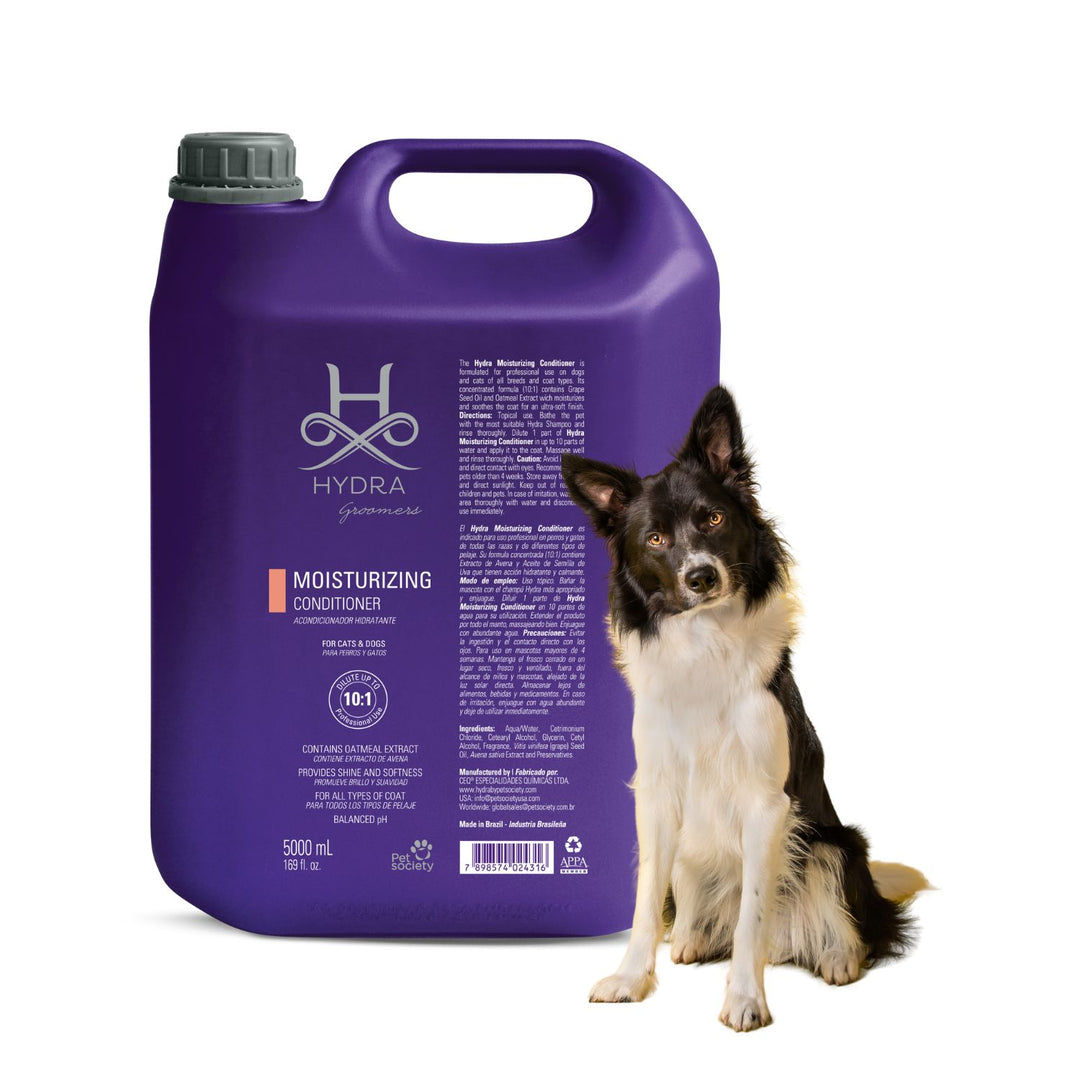
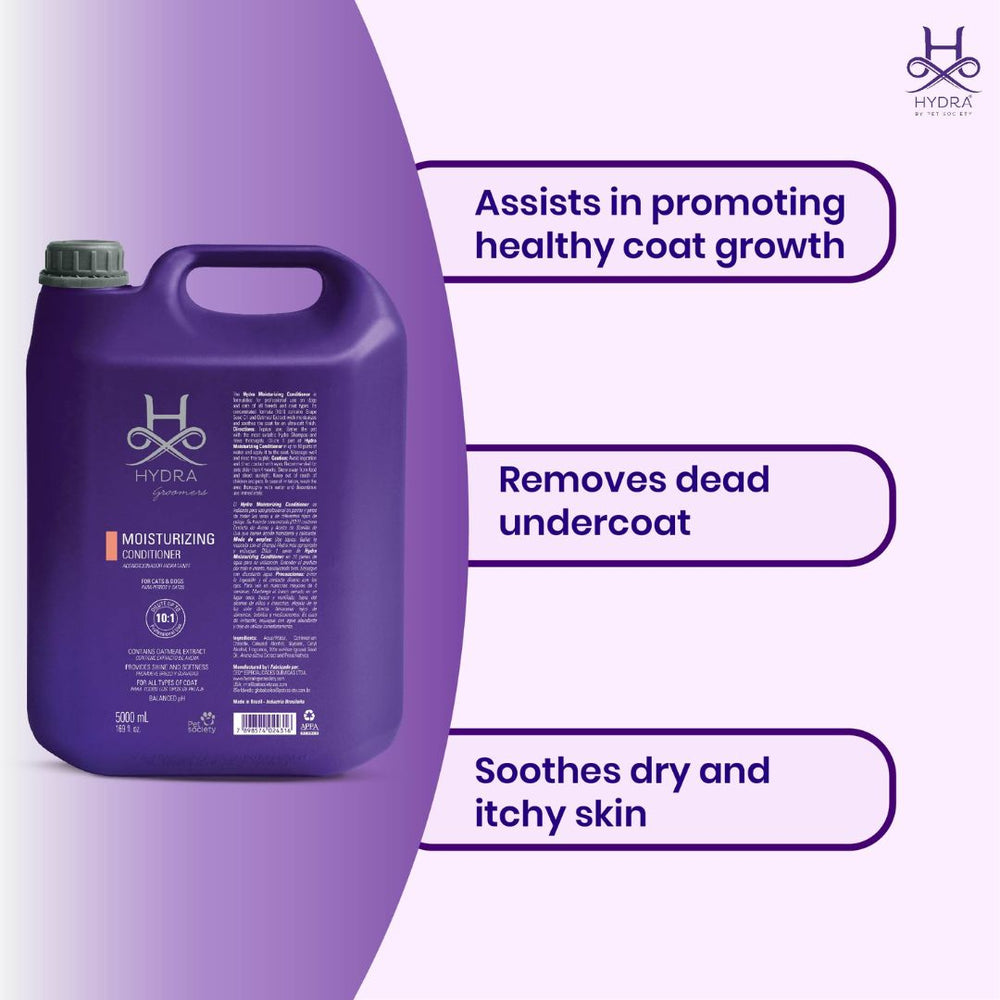
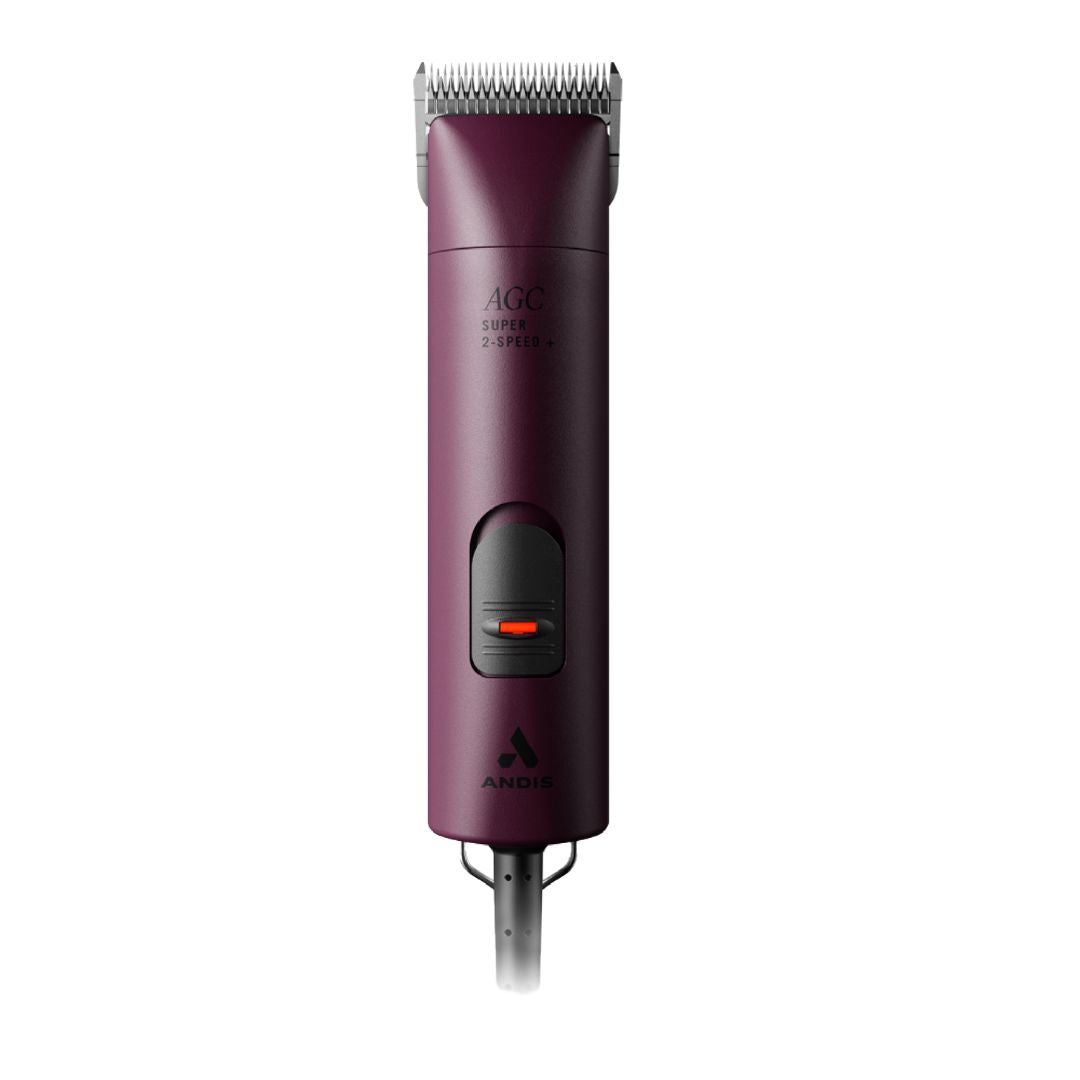

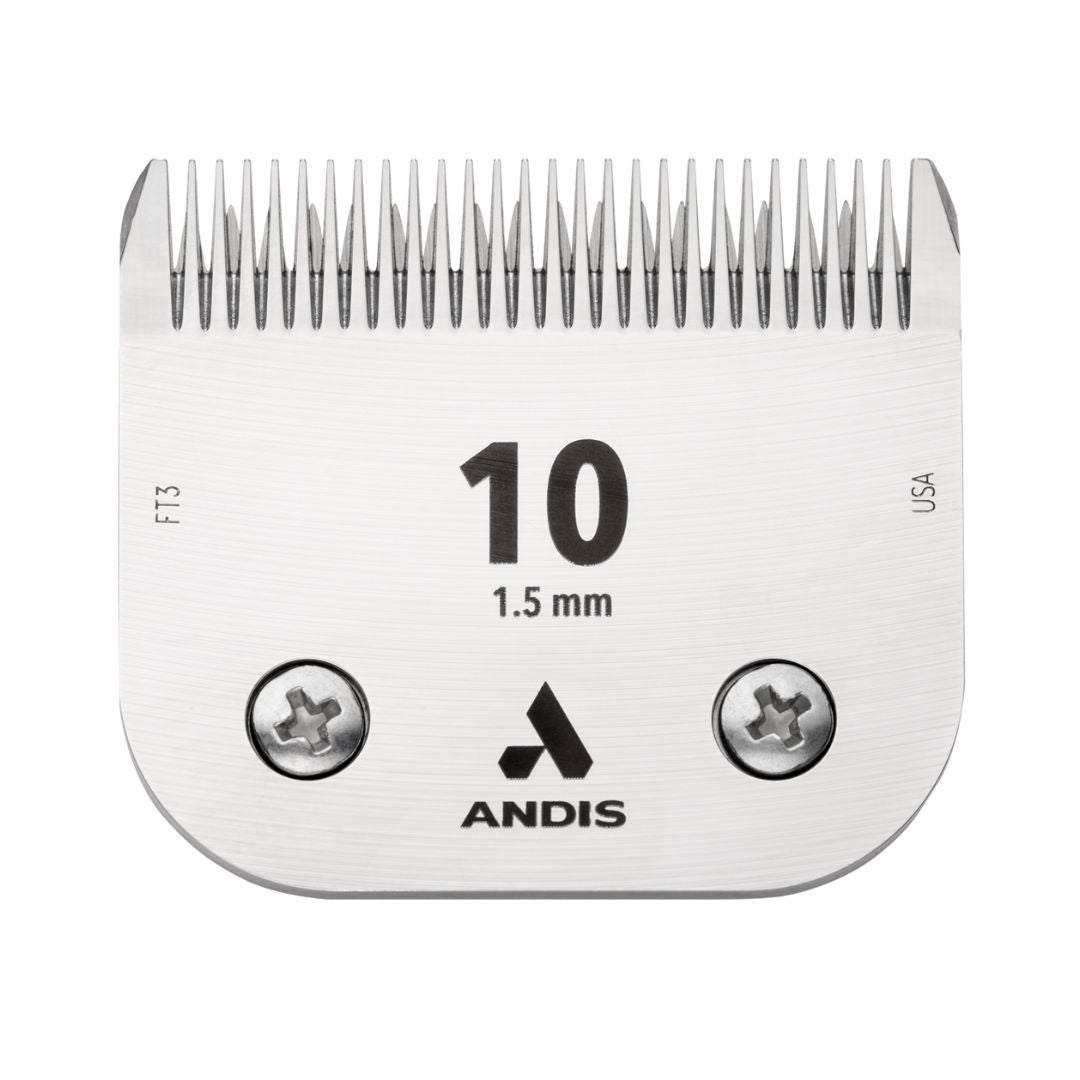

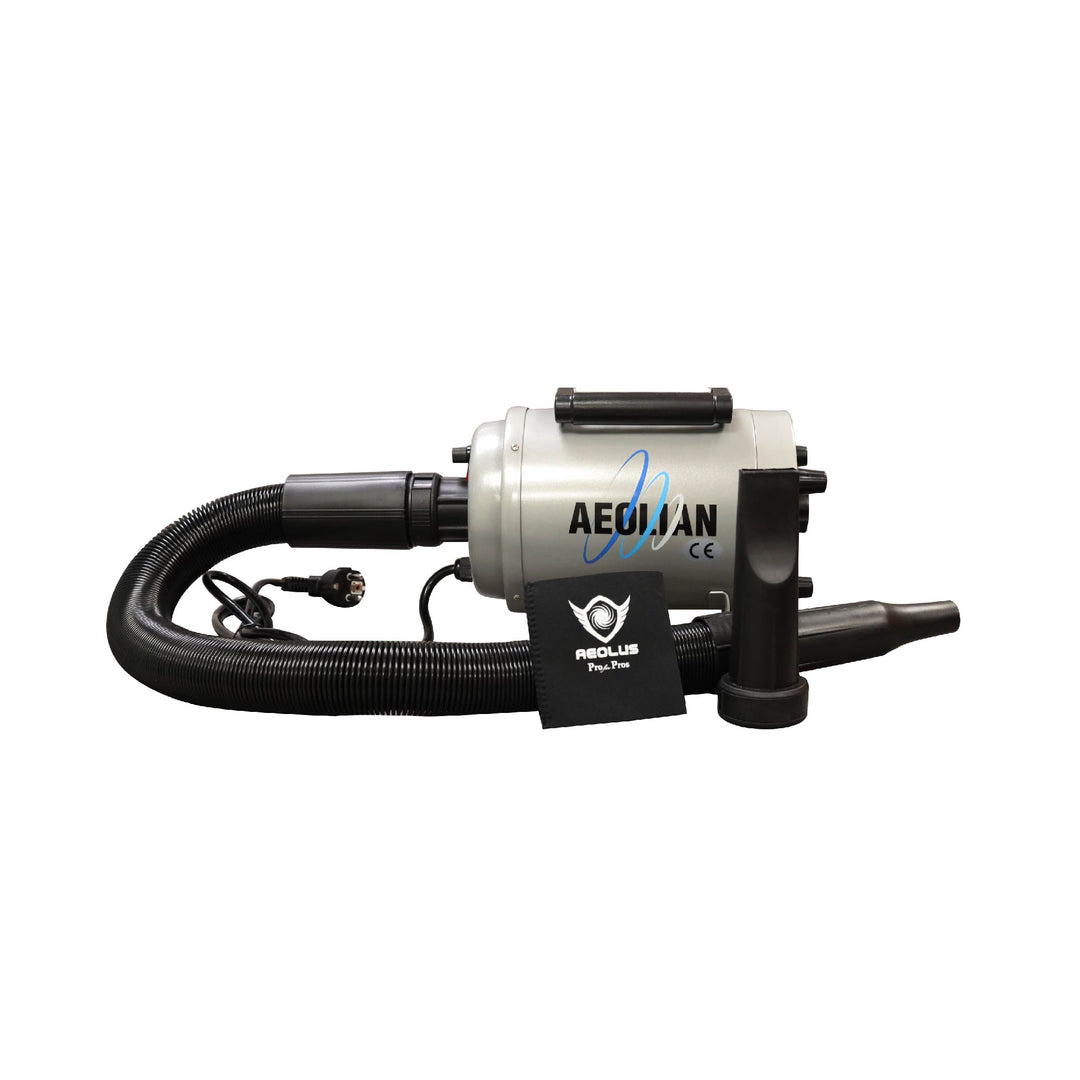
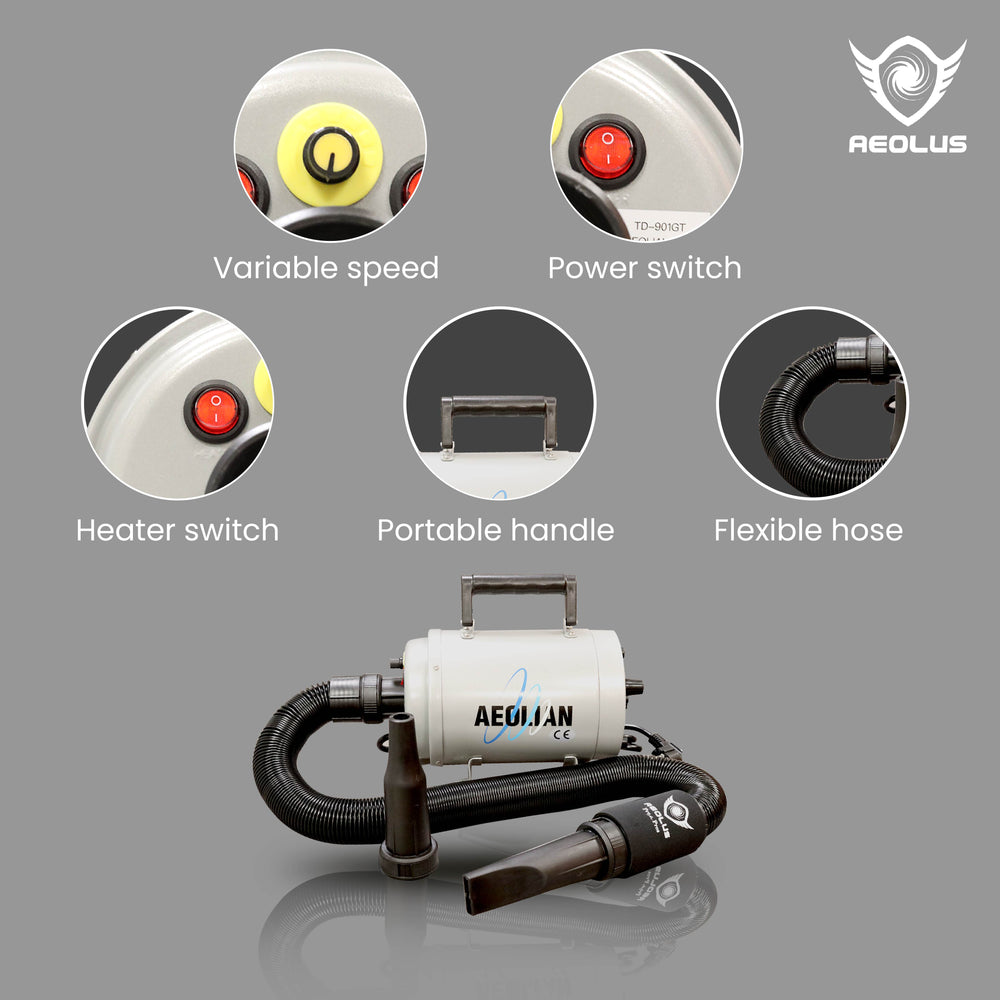
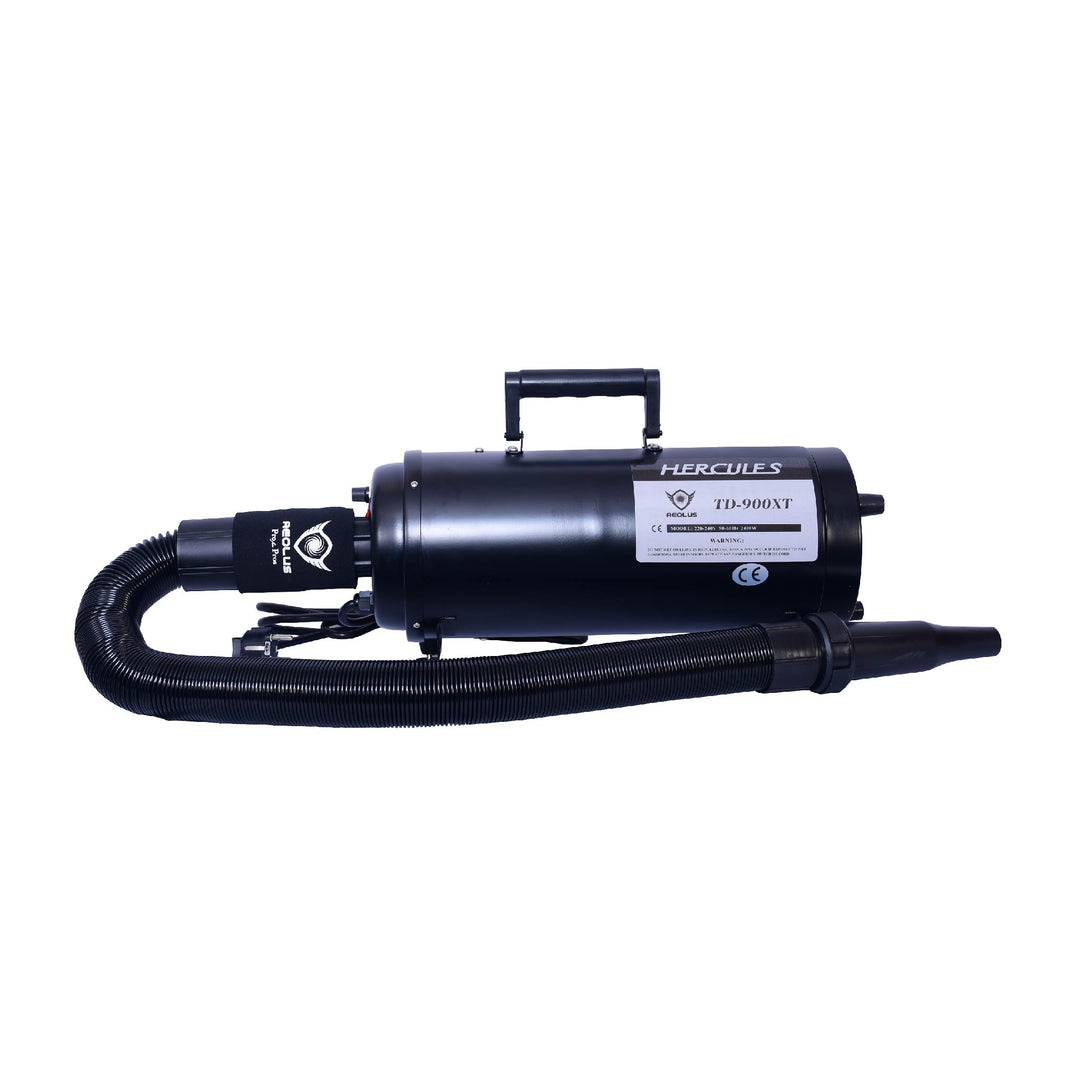
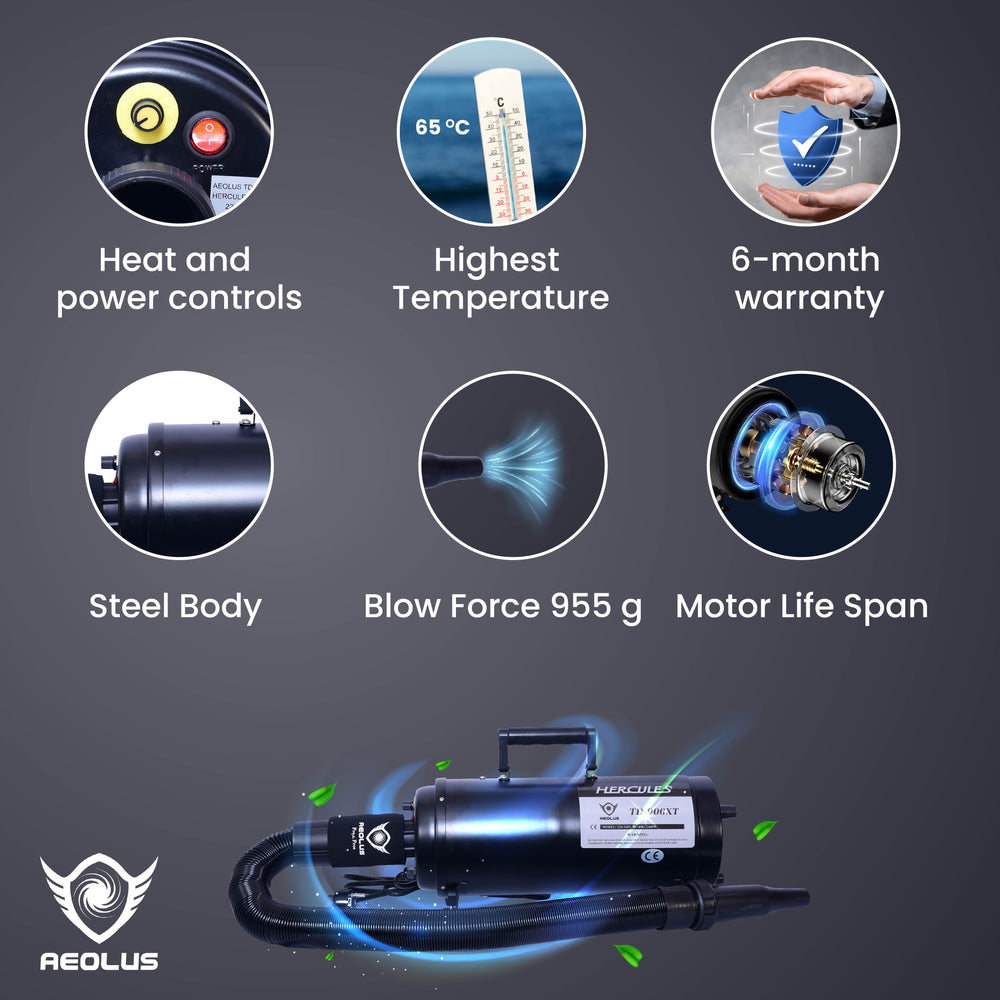
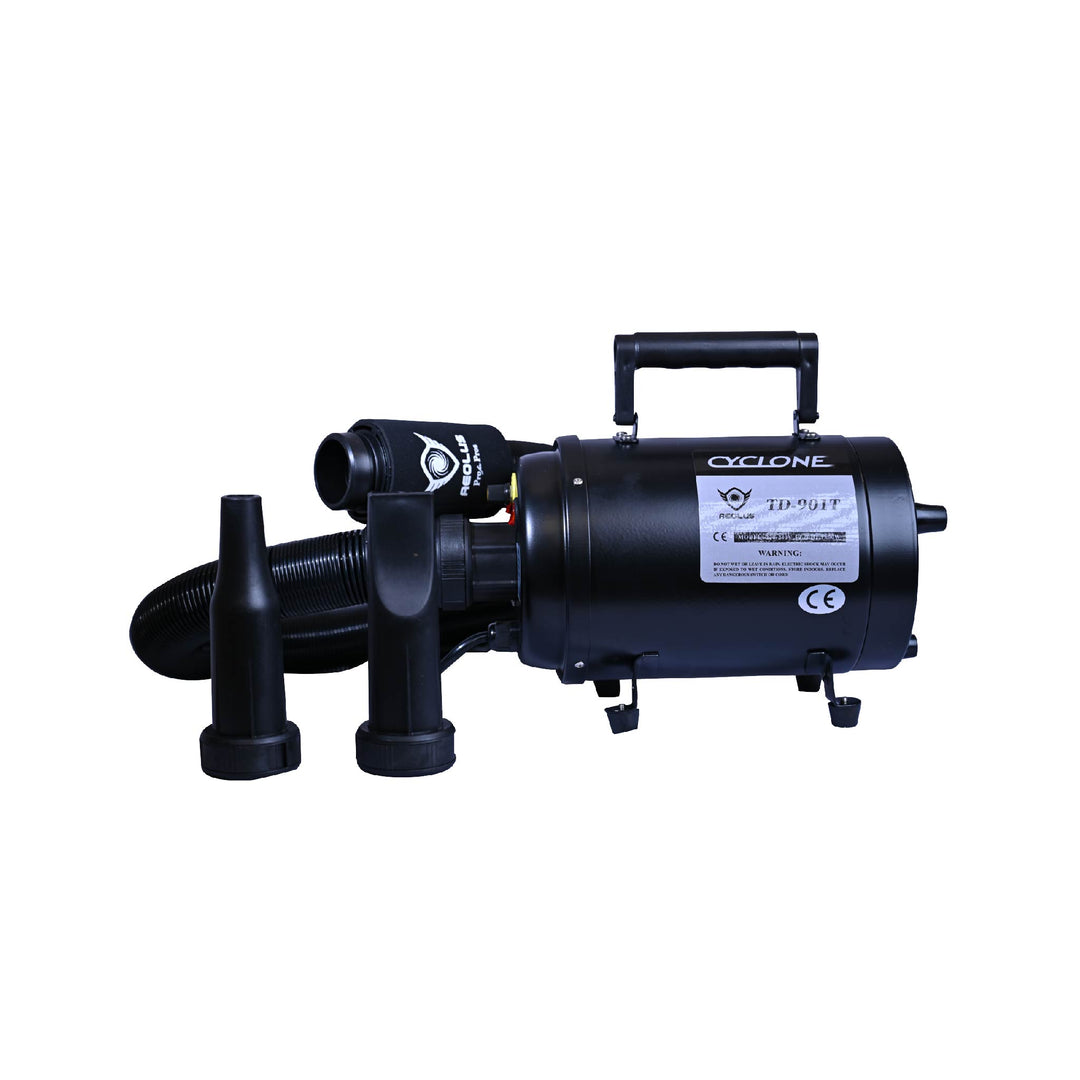
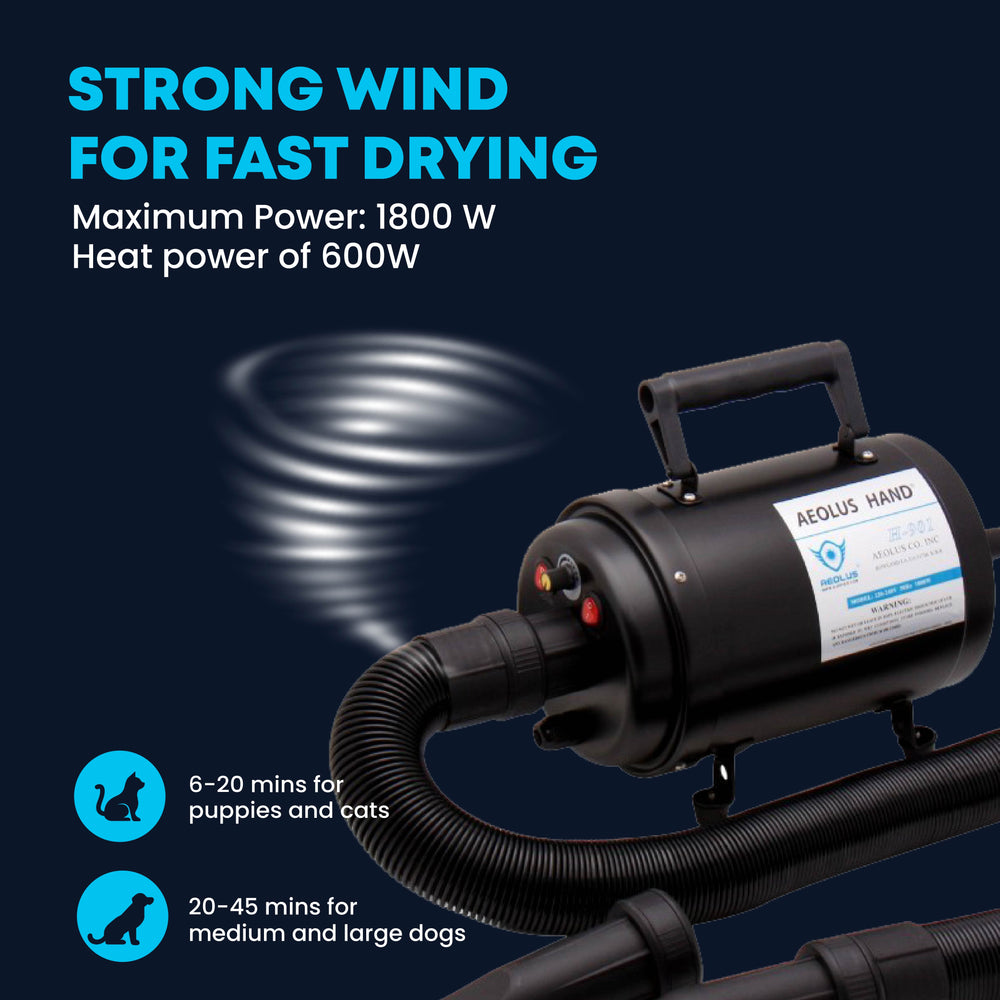
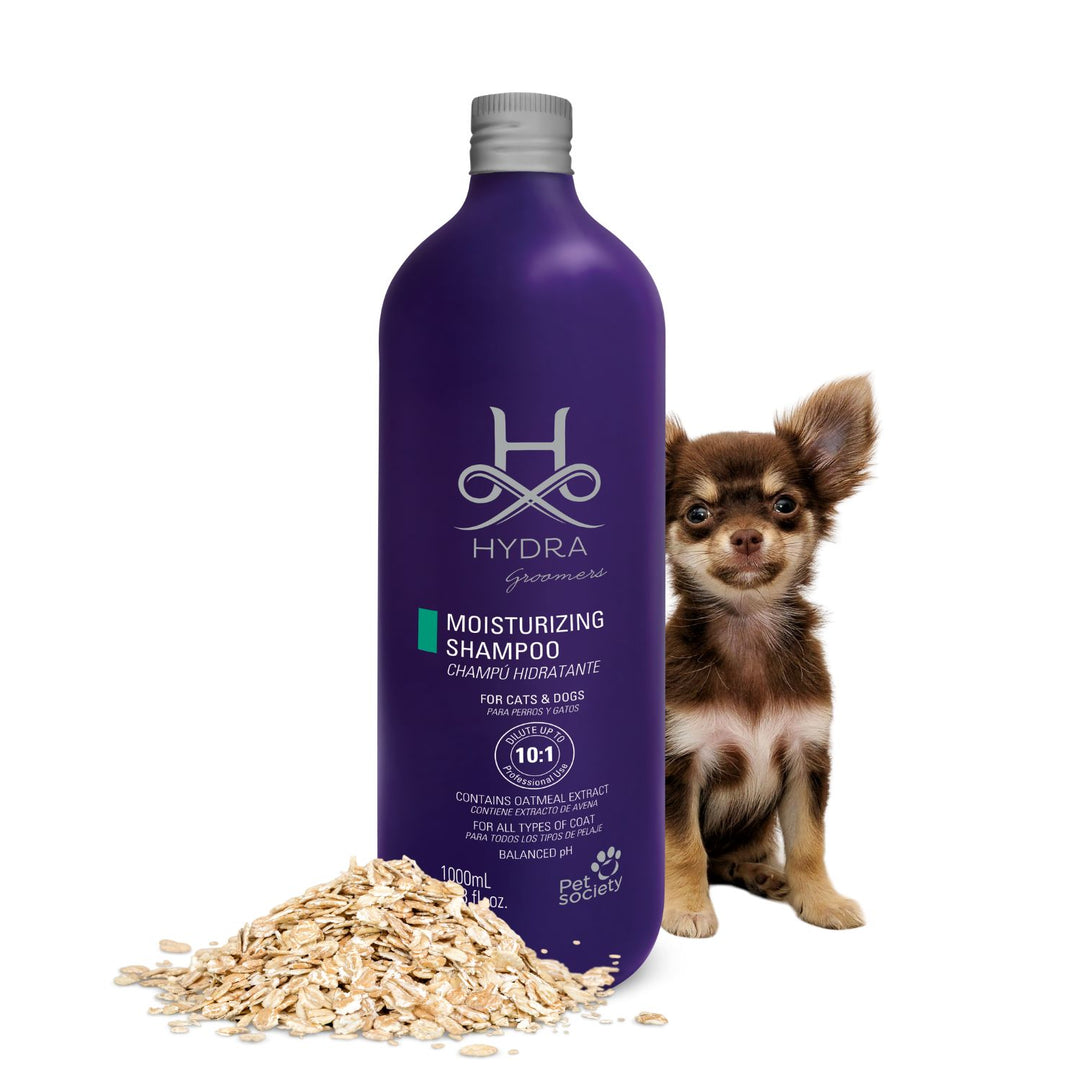
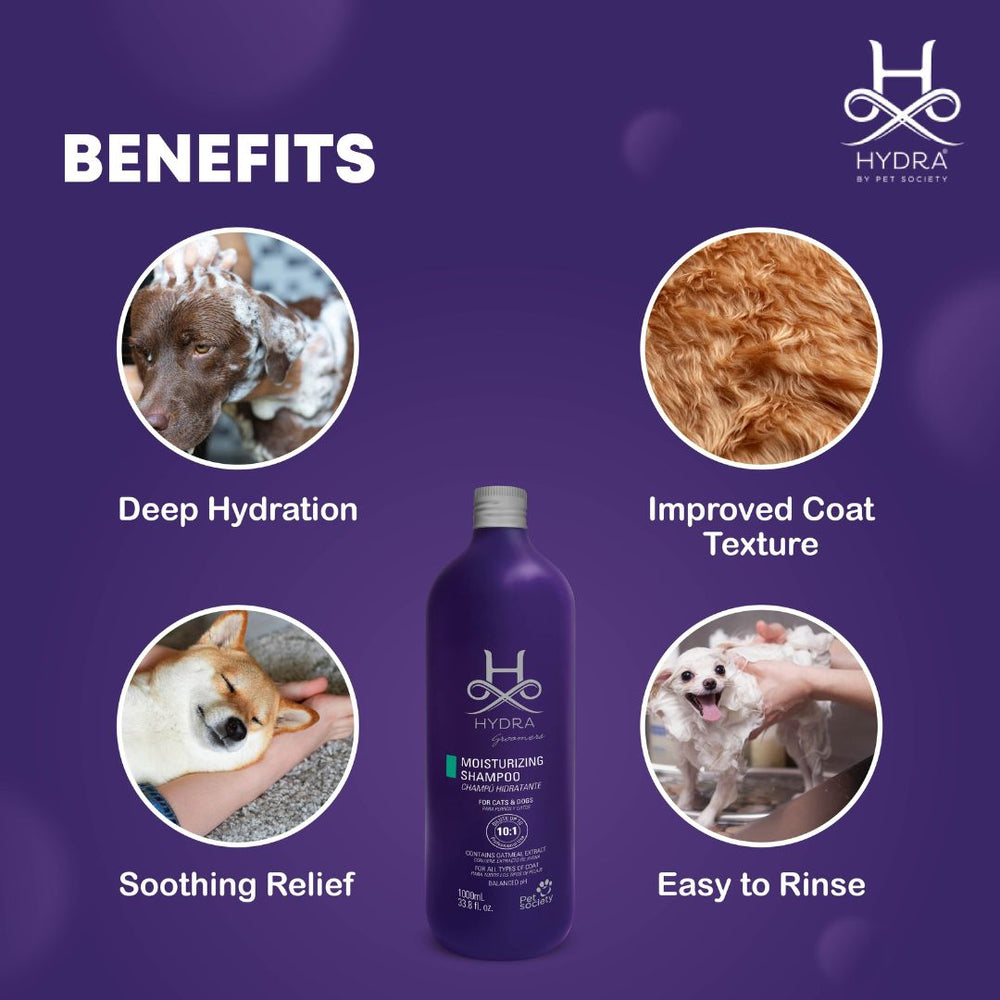
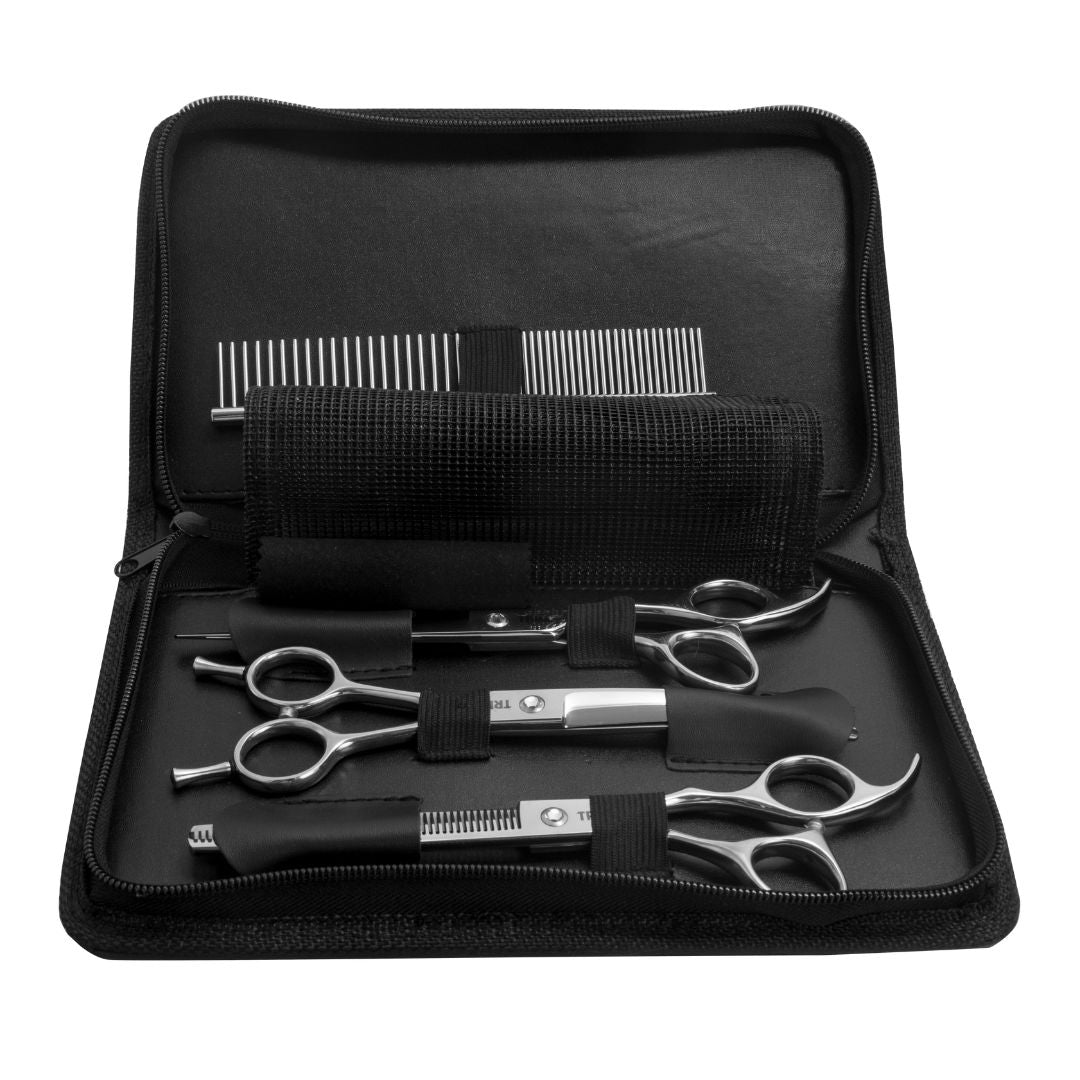

Leave a comment
Please note, comments must be approved before they are published
This site is protected by hCaptcha and the hCaptcha Privacy Policy and Terms of Service apply.